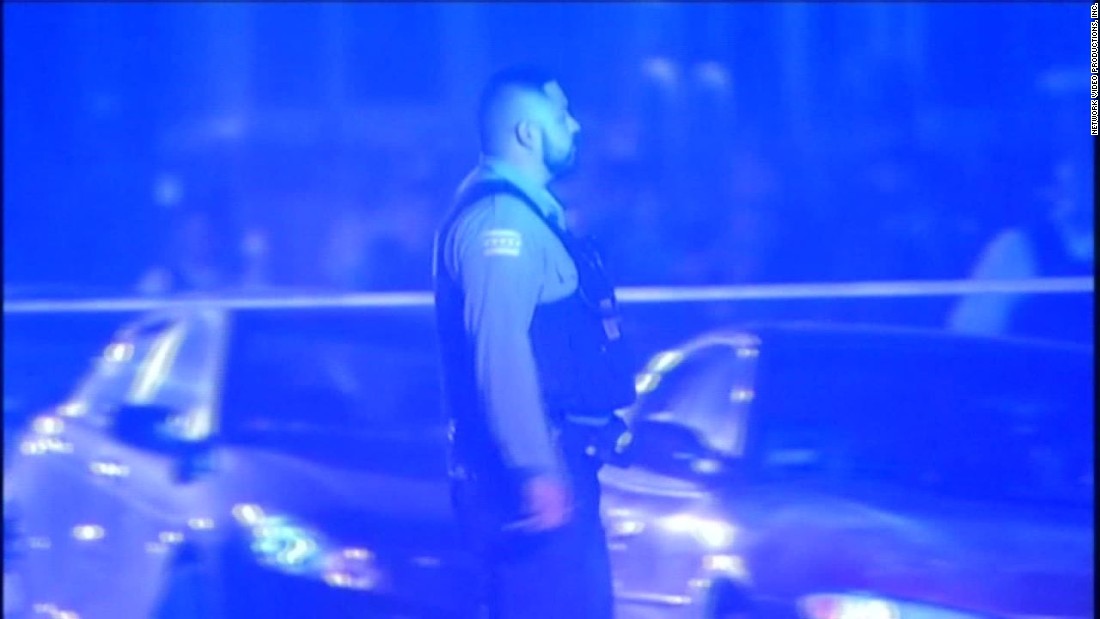
Global Issues
Why nothing happens on gun control -By Julian Zelizer


Julian Zelizer
This weekend, while Americans were celebrating Fourth of July, horrible shootings took place in Chicago that resulted in seven deaths and over 50 injuries. It’s another stark reminder of the cost of our country’s inaction.
Even when polls repeatedly show strong support for tougher gun regulations in the immediate aftermath of major shootings, the politics never seem to work.
President Obama gets this tragic reality.
Shortly after the horrendous shooting at the AME church in Charleston, South Carolina, last month, President Obama did an interview with comedian Marc Maron that went viral. During the podcast, downloaded over 900,000 times in the first 36 hours, the president talked about many things, including his favorite comedians and the gridlock in Washington. The moment that received the most attention came when the president used the n-word to explain what steps are needed to achieve racial justice.
But the most powerful — and troubling — moment of the conversation took place when Maron asked, regarding the shooting, what would happen next.
Rather than reciting the usual list of optimistic predictions about the possibility of Congress working together to achieve reforms, the President was brutally honest.
Obama said the gun manufacturers would “make out like bandits, partly because of this fear that’s churned up that the federal government and the black helicopters are all coming to get your guns.” The President argued the absence of common-sense gun safety laws was “unique” to this country. He said: “The grip of the NRA on Congress is extremely strong. I don’t foresee any legislative action being taken in this Congress.”
The President’s predictions were correct. In contrast to other shootings that the nation has witnessed, this time there didn’t even seem to be any momentum for gun reform. Few legislators in either party are willing to take a stand on the issue, while the opposition locks in almost as soon as the sound of the bullets starts to fade.
Why does gun reform fail, no matter how intense the outrage from horrendous attacks?
The most important and obvious factor is exactly what the President mentioned: the overwhelming power of the gun lobby.
This is one of the most sophisticated lobbies in the country. The National Rifle Assocation and other gun rights organizations employ a full arsenal of lobbying tools — from disputed constitutional arguments, to a massive campaign finance war chest, to voter mobilization drives — that are enough to influence members of both parties.
In the 2014 midterm elections, the NRA spent $12 million, with 95% of its candidates victorious. Whenever the issue comes up in Congress, the NRA mobilizes and makes it clear that there will be payback for any representative or senator who supports gun control.
The NRA is especially effective, as an article in The Atlantic pointed out, in mobilizing the voters in the handful of swing districts that can determine which party controls the House of Representatives. Many of these districts in states like Arkansas and Pennsylvania are both rural and conservative, with an electorate sympathetic to gun rights. The NRA knows how to get these voters to the polls. As the conservative activist Grover Norquist said back in 2000, “for that 4 to 5% who care about guns, they will vote on this.”
It has been extraordinarily difficult to find bipartisan support for reform legislation. There have not been many prominent Republicans willing to put themselves behind the gun control cause. The staunch and disciplined opposition from the GOP is strong. The response of many Republicans to the Charleston attacks has been striking as they downplay the obvious policy problems.
Many Republicans have been eager to speak about legislation dealing with mental illness, or the “lone wolf” nature of the shooting, but not the ways in which gun control could help prevent weapons from getting into the hands of wrongdoers like Dylann Roof. Former Texas Gov. Rick Perry, a presidential candidate, called the shooting an “accident,” although his campaign said he misspoke and meant to say “incident.” He only condemned it as a “hate crime” after coming under intense criticism for his remarks. They continually find support from moderate Democrats who oppose any kind of substantive restrictions.
Many conservative media outlets and discussion groups fueled the flames, talking instead about the need to broaden access to guns so that people could protect themselves. In an online forum, Charles Cotton, an NRA executive, wrote about Pastor Clementa Pinckney, a state senator who was killed in the attacks: “Innocent people died as a result of his position on a political issue,” meaning his opposition to 2011 legislation in South Carolina allowing people to carry concealed weapons in churches.
One host of “Fox & Friends” called the shooting an “attack on faith,” warning that “if we are not safe in our churches, then where are we safe?” A number of Fox News hosts were eager to praise the actor Vince Vaughn for comments that he made to support his call for carrying more guns in schools.
All of this has produced a certain level of cynicism among those who support gun restrictions, as expressed by the President when he said he didn’t expect reforms any time soon.
Each time that a massacre has occurred, we have seen not only a striking mobilization against any new restrictions but an equally striking absence of strong pressure to address this issue.
A significant number of liberal Democrats, who in previous years had strongly supported gun control, have remained noticeably silent on the issue. They are resigned to defeat.
The President often finds himself standing alone when calling for gun control. But those who say federal legislators can “never” pass gun restrictions should look to moments like the Civil Rights Act of 1964 or the Affordable Care Act of 2010 to see how those predictions can turn out to be wrong.
The good news is that there has been some progress in states like Maryland and New York, which have attempted to move forward even as gridlock reigns supreme on Capitol Hill. But for an effective response to the kind of gun tragedies we see so often, supporters will need stronger mobilization to counteract what their opponents have achieved.
The country needs to do a better job dealing with its gun problem. Otherwise, it will be all too soon that we’ll find ourselves going through this again.



















